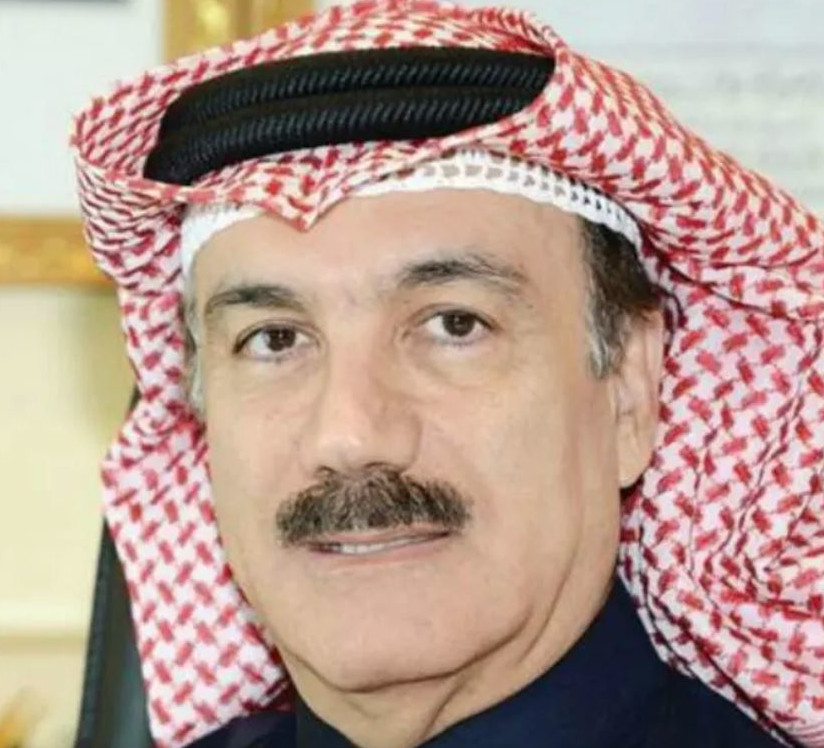As the Bahá’í prepare for electing their delegates for the 118th Bahá’í National Convention, to be held next spring, I am reminded of a conversation that took place last year at the University of Maryland. It was there that journalist and bestselling author Amanda Ripley spoke as part of the Bahá’í Chair for World Peace’s annual lecture. Her topic, high conflict, felt especially relevant then, and even more so now, as our communities look for healthier ways to navigate disagreement while remaining united in purpose.
Ripley’s insights have stayed with me. She explained how high conflict isn’t just ordinary disagreement, it’s the type of division that traps people in rigid, “us versus them” thinking. And her suggestions for moving beyond it, like listening more carefully, resisting humiliation, and rejecting false binaries, echo many of the very principles the Bahá’í community strives to put into practice during its unique, nonpartisan election process.
Watch the Full Talk
If you’d like to hear Amanda Ripley’s full lecture for yourself, you can watch it here:
My Takeaway on Escaping “High Conflict”
What struck me most was her explanation of how to step out of these cycles. She pointed out that anger and disagreement aren’t the problem, it’s the zero-sum, black-and-white thinking that traps us. Ripley offered a few practices that stuck with me:
- Don’t fall for false binaries. Life isn’t just good vs. evil.
- Watch out for “conflict entrepreneurs,” those who profit from division.
- Avoid humiliation. It only deepens divides.
- Try, “looping.” It means repeating back what someone just said, not to agree, but to show you understood. I tried it the other day in a simple conversation, and it really did shift the tone.
Why It Resonates with the Baha’i Approach
As a Bahá’í, I couldn’t help noticing how much Ripley’s research overlaps with the principles of Bahá’í community life. In Bahá’í elections, for example, there’s no campaigning or parties. Instead, we focus on the qualities needed in those we’re electing, and we use consultation, a respectful, ego-free approach to decision-making.
Hearing Ripley talk, it felt like confirmation that this way of building community isn’t just idealistic, it’s practical. It’s a way of sidestepping high conflict before it ever gets a grip.
Why It Matters Now
Ripley reminded me that conflict itself isn’t going away, but high conflict doesn’t have to define us. Her stories, from former gang leaders to divided congregations, showed that people can find a way forward. That gives me hope.
And it feels especially important as we prepare for the upcoming Bahá’í delegate election on October 5, 2025. That process is a living example of how we can handle serious decisions without sliding into the traps of partisanship and division.
Final Reflection
Walking away from Ripley’s talk, I felt challenged but encouraged. We can’t avoid conflict altogether, but we can decide how we show up in it. I’m taking her advice to heart, and I can’t help thinking the wider world could benefit from some of these lessons, too.
For more details on Ripley’s talk and the work of the Bahá’í Chair for World Peace, visit the original article at Bahai.us
To explore more programs and lectures, visit the Bahá’í Chair for World Peace at the University of Maryland




